The views expressed in our content reflect individual perspectives and do not represent the authoritative views of the Baha'i Faith.
Recently, I participated in a dialogue about the issue of race with a group of young people. The participants ranged in age from pre-teen to young adult. They came from various cultural and socioeconomic backgrounds and were eager to ask questions and share their perspectives on the subject in light of the Baha’i teachings on the oneness of humanity.

Such an exalted principle as the oneness of humankind, a principle destined to reshape the very structure of human civilization, will ultimately require a radical shift in the way we use speech in public and private discourse, particularly as it pertains to the issue of race.
Indeed, one young man I had developed a friendship with before the discussion, attended the meeting for a while and then quietly logged off. Later, when I asked him what he thought, he shared with me that he found it interesting but that some of the views expressed left him feeling marginalized and judged. As I listened carefully to what he shared, thinking about how the words we choose can sometimes be a barrier to mutual understanding, I realized he was right. Speech — the communication of thoughts in spoken words according to the dictionary — is invested with tremendous power to shape both our inner and external realities.
Indeed, one of the qualities of the Word of God, according to Baha‘u’llah, the prophet and founder of the Baha’i Faith, is its creativity. A single word or phrase, carefully chosen, can build bridges and dismantle walls, while one harsh statement carelessly delivered, can alienate friends and turn allies into bitter enemies. As Baha’u’llah wrote, “A harsh word is like unto a sword, but gentle speech is like unto milk. The children of the world attain to knowledge and better themselves through this.”
Regarding the potentially explosive issue of race — a powder keg of multi-generational trauma, seething resentment, institutional neglect, and cruel indifference rooted in systemic injustice — words can be tripwires that can trigger a conflagration of visceral responses that may or may not reflect the intent of the speaker. Part of the problem in this regard is in how we have historically framed the conversation.
One of the structural elements of racism has been the weaponizing of language to marginalize, dehumanize, and categorize the objectified “other.” Within the system of white supremacy, racism has been used as a mechanism for psychological terror meant to divest non-white communities of their humanity and maintain a race-based architecture of power erected on an unstable foundation of greed and fear.
With the gains of the civil rights movement, the passing of laws meant to regulate behavior — and the gradual widespread disapproval of the most vulgar expressions of bigotry — flagrant platitudes of racial superiority went underground and language acquired a social camouflage meant to cloak a hateful and intolerant world view grounded in gross generalizations and a false belief in race-based inheritable characteristics. Prejudiced, stereotype-based statements like “All Black people are good athletes,’’ or “all Jews are good with money” are examples of this. Repeated over time, these judgments congeal in the mind, forming a hardened set of expectations that leave little room to consider the diversity of character and personality.
Of course, there are far more incendiary statements that make no attempt to conceal their intent beneath a veneer of deceptive citations of “racialized virtues,” but the effects are the same —they shape our reality and inform how we relate to one another. They may differ slightly in form but they share the same substance. They both spring from the same rotten root.
This legacy of ethnic stereotyping frames much of the present discourse on race. Statements such as “you people always do this,” or “those people never do that,” are sweeping indictments. They consign entire populations connected by a single variable of skin color, culture, or class to patterns of behavior that may be widespread among groups of people but do not fully represent all the members of a population or group. A phrase like “the police” as opposed to “certain members of the police” or “some police officers” are subtle distinctions that carry significant consequences for our ability to acknowledge distinctive differences among populations. “Black folk do this,” or “white folk do that,” are less accurate statements than, “based on my experience I have learned this,” for example.
The former mimics the problematic tradition of universal declarative judgments, while the later localizes a particular point of view based on limited experience. In some sense, we have become careless caretakers of the creative capacity of speech in our efforts to eradicate the blight of racism from our society. In our attempts to engage in meaningful conversations, we sometimes default to ineffective modes of expression that welcome some within a circle of acceptance and lock others out.
The teachings of Baha’u’llah beckon humanity towards a higher consciousness that calls for vigilant and observant stewardship of the profound capacity of language to frame reality. In 1988, the Universal House of Justice, the international administrative governing body for the Baha’is explained the wisdom of being mindful of what, when, and how we speak:
“Speech is a powerful phenomenon. Its freedom is both to be extolled and feared. It calls for an acute exercise of judgement, since both the limitation of speech and the excess of it can lead to dire consequences. Thus there exist in the system of Bahá’u’lláh checks and balances necessary to the beneficial uses of this freedom in the onward development of society.”
Mindful of its constructive and destructive capacities, a maturing humanity will gradually strain the retrograde impurities that inhibit the restorative faculties of language. Aware that the “master’s tools will never dismantle his house” —as the great poet and writer Audre Lorde so eloquently stated — we will progressively choose to forge new modalities of expression that avoid trite summations and gross generalizations.

As the Universal House of Justice wrote in July 2020: “Ultimately, the power to change the world is effected by love, love originating from the relationship with the divine, love ablaze among members of a community, love extended without restriction to every human being. This divine love, ignited by the word of God, is disseminated by enkindled souls through intimate conversations that create new susceptibilities in human hearts, open minds to moral persuasion, and loosen the hold of biased norms and societal systems so that they can gradually take on a new form in keeping with the requirements of humanity’s age of maturity.”
We will develop our collective capacity to create inclusive spaces grounded in truth and activated by the dynamic force of divine love.


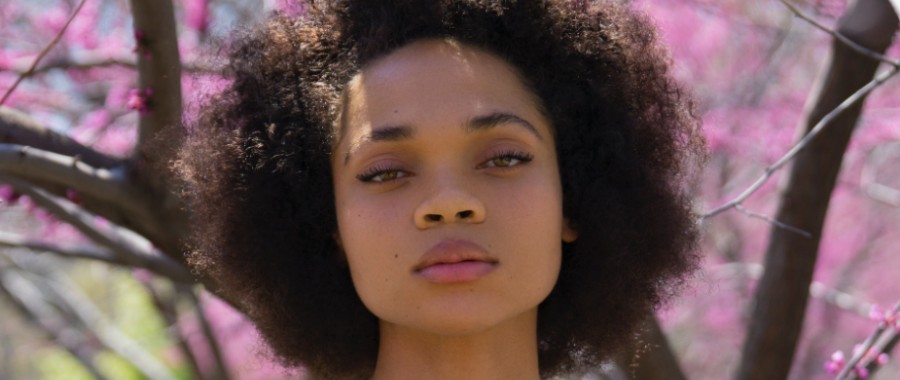
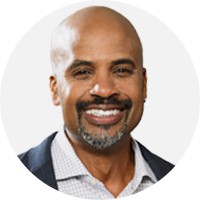
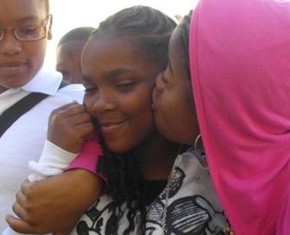
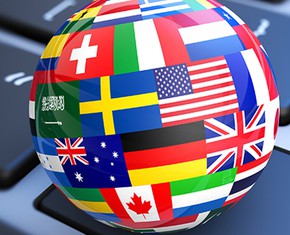
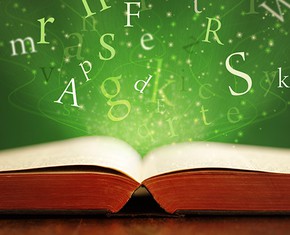









Comments
Sign in or create an account
Continue with Googleor